The pandemic of a new coronavirus infectious disease (COVID-19) is wreaking havoc worldwide, caused by the severe acute respiratory syndrome coronavirus 2 (SARS-CoV-2). Angiotensin-converting enzyme 2 (ACE2) has been recognized as the entry receptor for SARS-CoV-2 infecting host cells. To understand the immunopathology and advance the strategies for the prevention and treatment of COVID-19, Dr. Zhao’s team at Center for Discovery and Innovation of Hackensack Meridian health, examined the levels of ACE2 expression on different types of immune cells. Flow cytometry demonstrated that there was little to no expression of ACE2 on most of the human peripheral blood-derived immune cells including CD4+ T, CD8+ T, activated CD4+/CD8+ T, Tregs, Th17, NKT, B, NK cells, monocytes, dendritic cells, and granulocytes. There was no ACE2 expression on platelets and very low level of ACE2 protein expression on the surface of human primary pulmonary alveolar epithelial cells. The ACE2 expression was markedly upregulated on the activated type 1 macrophages (M1). Immunohistochemistry demonstrated high expressions of ACE2 on human tissue macrophages, such as alveolar macrophages, Kupffer cells within livers, and microglial cells in brain at steady state. The data suggest that alveolar macrophages, as the frontline immune cells, may be directly targeted by the SARS-CoV-2 infection and therefore need to be considered for the prevention and treatment of COVID-19. This work has been published in the peer-reviewed journal Cytometry Part A
Based on these evidence, Dr. Zhao proposed that lung macrophages may be directly targeted by the SARS-CoV-2 and play a critical role in the initiation and development of COVID-19. Post viral infection, the SARS-CoV-2 may either (1) be directly cleared by the healthy macrophages with asymptomatic or mild clinical symptoms or (2) destroy the dysfunctional macrophages and evoke the immune system with cytokine storm, leading to severe clinical symptoms such as high fever, hypoxia and acute respiratory distress syndrome (ARDS). This perspective may advance the understanding of the clinical course of COVID-19 and facilitate the development of prevention and treatment strategies. Considering all current approaches for the prevention and treatment of COVID-19, there are no therapies, either being tested or at the beginning of the pipeline, that directly focus on the modulation of macrophages. To this respect, it is critical to protect and restore the functions of alveolar macrophages (or other tissue macrophages) through immune modulations for the prevention and treatment of COVID-19, leading to being potentially beneficial to correct the viral inflammation, effectively ameliorate anti-viral immunity, efficiently reduce the viral load, improve clinical outcomes, expedite the patient recovery, and decline the rate of mortality in patients after being infected with SARS-CoV-2.
